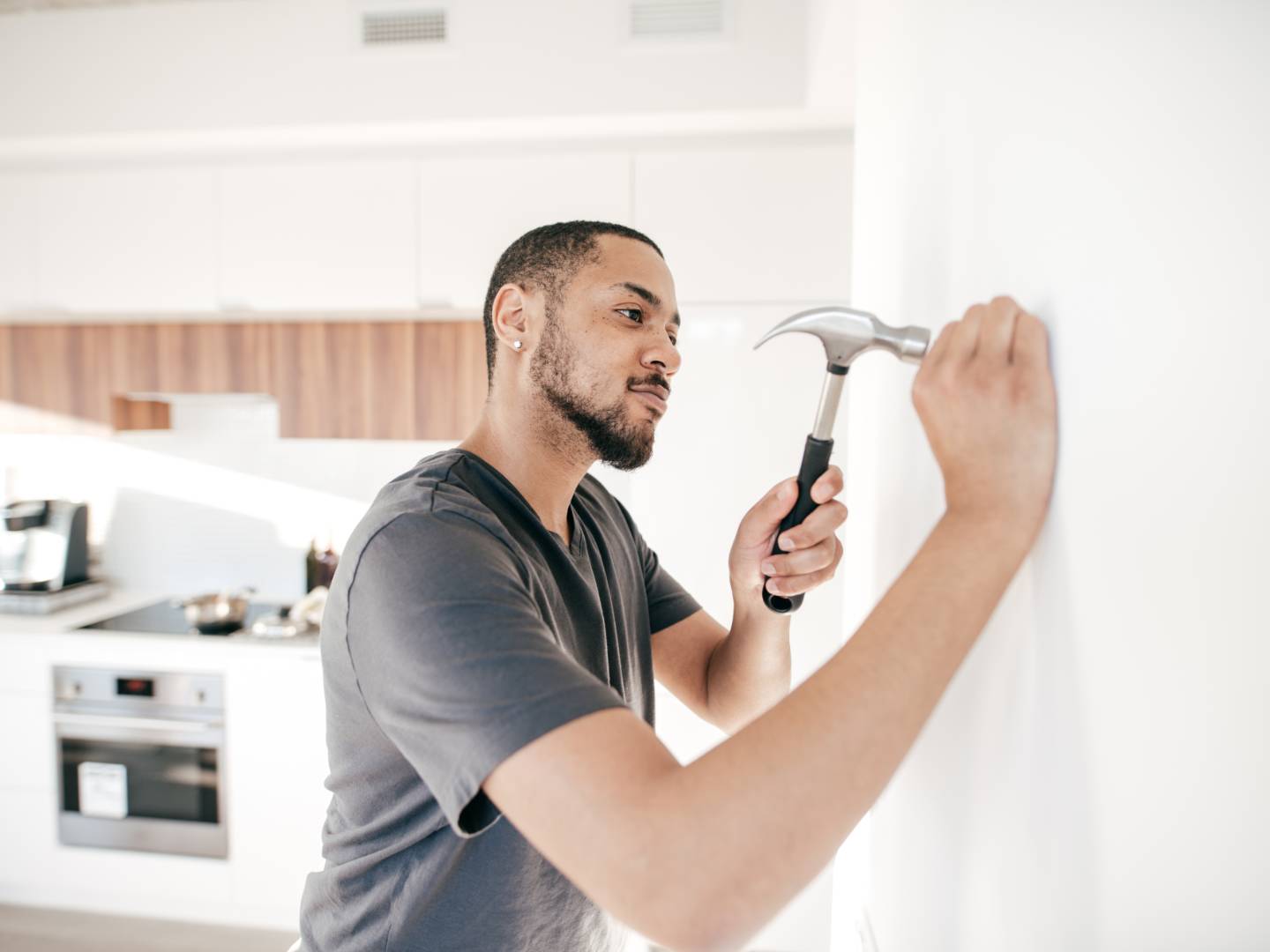Landlord guide to the Fitness for Human Habitation Act 2018
Discover your legal responsibilities as a landlord under the UK's Fitness for Human Habitation Act 2018. Ensure safe and compliant rental properties.
Jale
If you're planning to rent out a property in the UK, it's crucial to have a good understanding of the laws and regulations that apply to the rental property sector. One such law is the Fitness for Human Habitation Act 2018, which puts a legal obligation on landlords to ensure that their properties meet specific standards for the well-being of tenants.
In this comprehensive guide, we will delve into the key aspects of the Act, what it means for landlords, and how to ensure compliance.
Understanding the Fitness for Human Habitation Act 2018
The Fitness for Human Habitation Act 2018 is an extension of the Landlord and Tenant Act 1985, designed to improve living conditions for tenants in rented properties. It came into effect on March 20, 2019, and applies to tenancies in England. This Act aims to address issues such as dampness, mould, inadequate heating, and structural defects that can make a property unsafe or unsuitable for habitation.
Key Provisions of the Act
-
Fitness standard: The Act sets out that rented properties must be fit for human habitation at the beginning and throughout the tenancy. This includes ensuring that the property is free from serious health and safety hazards.
-
Implied terms: The Act implies certain terms in all tenancy agreements, regardless of whether they are written or verbal. These terms oblige landlords to maintain the property in a fit condition.
-
Tenant rights: Tenants have the right to take legal action against landlords who fail to maintain the property adequately, leading to unfit living conditions.
-
Damages and remedies: If a tenant takes legal action and wins, the court may order the landlord to make necessary repairs or compensate the tenant for damages.
Fitness for Human Habitation Act Checklist
To comply with the Act, landlords should regularly assess their properties to ensure they meet the fitness standard. Here's a checklist of what you should consider when inspecting for Fitness for Human Habitation Act:
-
Structural safety: Ensure the property's structure is sound, without any major defects or hazards such as subsidence or dangerous walls.
-
Damp and mould: Address issues related to dampness and mould, which can affect air quality and pose health risks to tenants.
-
Gas and electrical safety: Regularly inspect and maintain gas and electrical systems, ensuring they are safe and comply with relevant regulations.
-
Heating and insulation: Ensure that heating systems are in good working order and that the property is adequately insulated to maintain a reasonable temperature.
-
Water supply and drainage: Check for issues with water supply and drainage to prevent leaks, blockages or contamination.
-
Fire safety: Install smoke detectors, carbon monoxide detectors, and provide necessary fire safety measures.
-
Adequate ventilation and natural light: Ensure proper ventilation and access to natural light within the property.
What is unfit for human habitation UK?
Property is considered "unfit for human habitation" if it poses a risk to the health or safety of the occupants. Some factors that deem the property unfit for human habitation include:
- Serious structural problems.
- Dampness and mold growth.
- Poor ventilation.
- Insufficient natural light.
- Issues with drainage or sanitation.
- Lack of facilities for the preparation and cooking of food, as well as for the disposal of wastewater.
- Problems with the supply of hot and cold water.
Maintaining Compliance
Maintaining compliance with the Fitness for Human Habitation Act 2018 is crucial for landlords to avoid legal issues and provide safe living conditions for tenants. Here are some steps to help you achieve and maintain compliance:
-
Regular inspections: Schedule regular property inspections to identify and address any issues promptly.
-
Documentation: Keep detailed records of inspections, repairs, and correspondence with tenants. This will be valuable evidence in case of disputes.
-
Prompt repairs: Act promptly to address any reported issues and carry out necessary repairs within reasonable timeframes.
-
Stay informed: Keep up-to-date with changes in legislation and safety regulations related to rental properties. You can join landlords’ associations to be in the loop.
-
Insurance: Consider landlord insurance policies that can provide coverage in case of legal disputes or property damage.
What is a reasonable timeframe landlord has to resolve any reported issue in the UK?
In accordance with section 11 of the Landlord and Tenant Act, the appropriate timeframe for addressing an issue will depend on the seriousness of the defect. For example, if a tenant finds themselves without a functioning boiler during the winter months, the landlord is expected to solve the problem faaster, prioritizing it over less urgent matters.
Exceptions to landlord responsibilities under the Fitness for Human Habitation Act
The landlord has no responsibility under the Fitness for Human Habitation Act for:
- Defects resulting from the tenant's negligence or deliberate damage.
- Reconstructing the property in the event of its destruction or damage caused by fire, flood, or a catastrophic weather event.
- Repairing items that the tenant is permitted to remove from the property, such as their personal belongings.
The Fitness for Human Habitation Act 2018 places a significant responsibility on landlords to maintain safe and habitable living conditions for their tenants. Understanding the Act's provisions and taking proactive steps to assess and address any issues is not only a legal requirement but also essential for the well-being of tenants. By staying compliant, landlords can foster positive landlord-tenant relationships, reduce legal risks, and ensure the long-term success of their rental property investments.
This article is for informational purposes only. Please consult the appropriate authorities or a lawyer for legal advice.
For feedback on this article or other suggestions, please email content@housinganywhere.com
Related articles
In this article
Be 100% in control of your rental
Manage the entire rental process online, from selecting tenants to setting up monthly payment plans.
List for free

